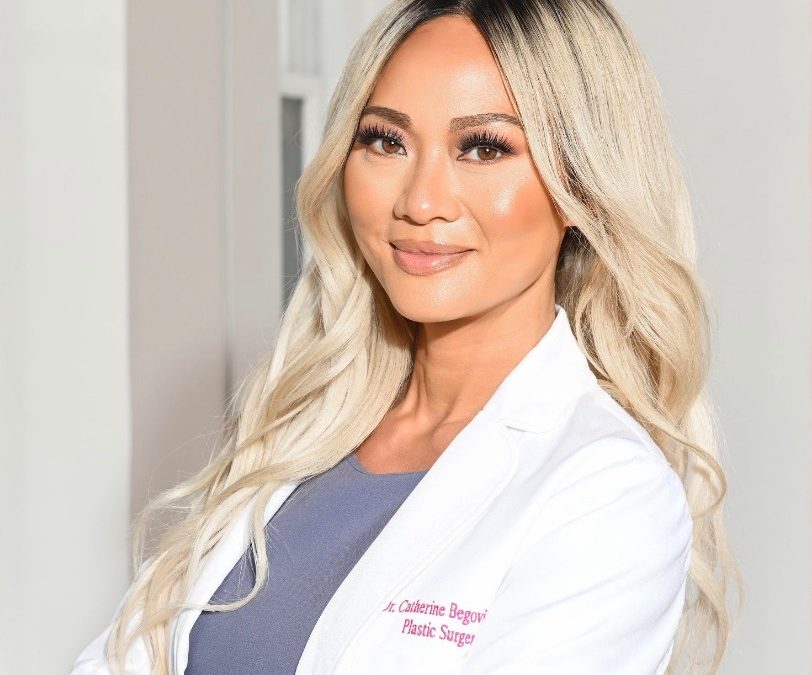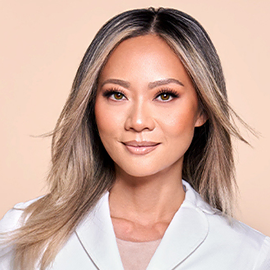Many of my followers are students, and one question I get a lot in comments and DMs is: How do you become a plastic surgeon? I’ve posted about this before, but it’s always a trending subject on my social media. So, here’s a detailed guide to the process, as well as my personal journey and the lessons I’ve learned along the way.
The Path to Becoming a Plastic Surgeon
Becoming a plastic surgeon is no easy feat—it requires dedication, perseverance, and a passion for medicine and art. Here’s a step-by-step breakdown of the path:
- Complete 4 Years of College
You can major in anything, but there are certain pre-med courses you must take. A high MCAT score is also crucial for getting into medical school. - Attend 4 Years of Medical School
After college, you’ll need to complete 4 years of medical school. This is where you get the foundation in medicine that will carry you through your career. - Internship and Residency
During internship and residency, you’ll receive practical training, perform surgeries, and care for patients. Most plastic surgeons first complete a residency in another surgical field, which can take 5-9 years, before applying for a plastic surgery residency (another 2-3 years). - Board Certification
After completing your residency, you must pass a written exam to become board-certified. Then comes the oral exam process: for 8 months, you report all surgeries covering various fields like Cosmetic, Reconstructive, Craniofacial, and Hand surgery. After your cases are reviewed, you’ll face 3 days of oral exams. If you pass, your practice is reviewed, and you finally become a Board-Certified Plastic Surgeon.
It’s a long road and a lot of hard work, but it’s definitely worth it. I love going to work every day, and if you have a dream and truly love plastic surgery, no amount of hard work and sacrifice will keep you from success.
My Personal Journey: Finding Myself Through Plastic Surgery
The process of becoming a plastic surgeon was long, painful, and many times felt like a dark tunnel with no light on the horizon. The greatest sacrifice wasn’t the time or money; it was giving up parts of myself to become a good healthcare professional. This was a conscious decision, and I was okay with it.
But as I began practicing medicine, I started growing not just as a surgeon, but as a woman. Step by step, I found myself. It was no longer just about modifying a woman’s body. My purpose started meeting me halfway as I began to understand the true essence of female beauty.
I quickly realized that the aesthetic of the female body has been redefined throughout history—but never on our own terms. For centuries, the ideal of beauty has been dictated from a man’s perspective, and it continues today with Hollywood and fashion trends. But I’ve decided to shift the focus. My work is now about redefining beauty standards to serve women, not society’s expectations. Everything else will fall into place.
Why Are So Few Plastic Surgeons Women?
I recently read that only 15% of plastic surgeons are women, and I’m often asked why that is. The reasons are many, but one is the societal expectation that women should focus on getting married and having children by a certain age. The path to becoming a plastic surgeon is long—16 years after high school. For most of that time, the education is grueling, the hours are long, and the journey isn’t glamorous.
But for me, plastic surgery was more than a career; it was a calling. The love and passion I have for what I do allowed me to push through sleepless nights, 8-hour surgeries, and moments of self-doubt. Plastic surgery combines my love for science, my technical skill, and my passion for art and beauty. Finding balance between my career, family life, and caring for myself is the greatest blessing. Through my social media and my website, I hope to show women that they can have it all, without having to choose.
The Biggest Struggles as a Female Surgeon
The biggest struggle I’ve faced as a female surgeon is stereotypes and judgments. Even after all my years of training, people would look at me and ask, “Where’s the real doctor?” or assume I worked for a male doctor. Social media has given me a platform to spread the message that anyone can be a doctor—no matter their gender, race, or appearance.
I hope we can all open our minds to see past appearances and support those who are pursuing their passions. We must lift each other up, and I want to give hope to all aspiring doctors out there who may feel discouraged by societal expectations.
My Approach to Plastic Surgery
In my practice, I strive for precision, passion, and patient-centered care. I combine artistry with surgical skill to achieve stunning results that empower my patients to feel their best. Every patient is a unique masterpiece, and my goal is to bring their inner beauty to the surface through cosmetic enhancements.
My journey began in Delaware, followed by Harvard, UCLA, and finally Los Angeles, where I fell in love with surgery. Every step, every challenge, brought me closer to this calling, and I wouldn’t trade it for anything.
Tips for Young Women Pursuing a Career in Plastic Surgery
- Believe in Yourself
If you’re truly passionate about plastic surgery, know that you can do it. Even in moments of darkness and self-doubt, keep going, keep learning, and keep pushing forward. - Take Care of Yourself
The journey is long, but it’s important to be kind to yourself along the way. Celebrate small victories and practice self-care. Your body and mind are your greatest tools, so take care of them. - Be True to Yourself
You’ll constantly receive opinions about how you should act or dress, but the only opinion that matters is yours. Choose to be you and live your life authentically. Surround yourself with those who support you and focus on positivity.
I am cheering for you and sending you love and support. You can have it all. – Dr Cat


